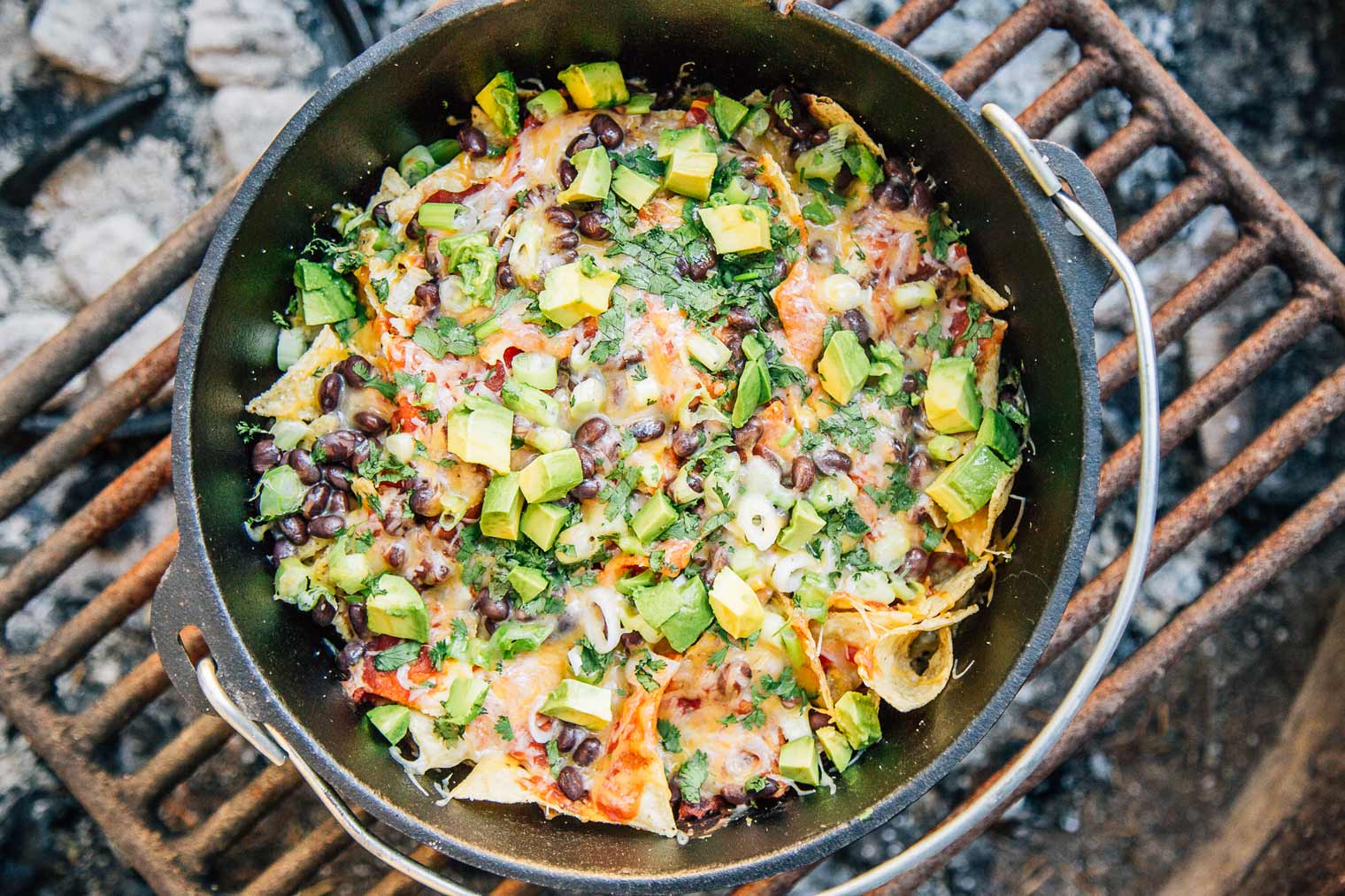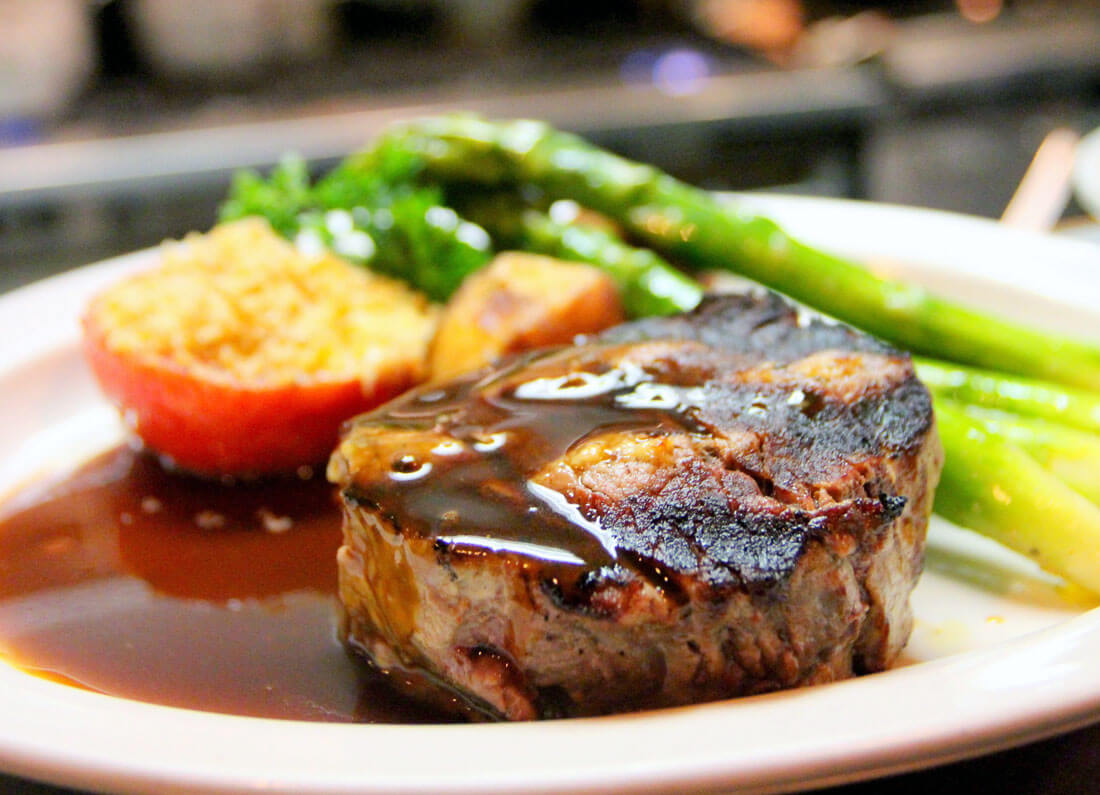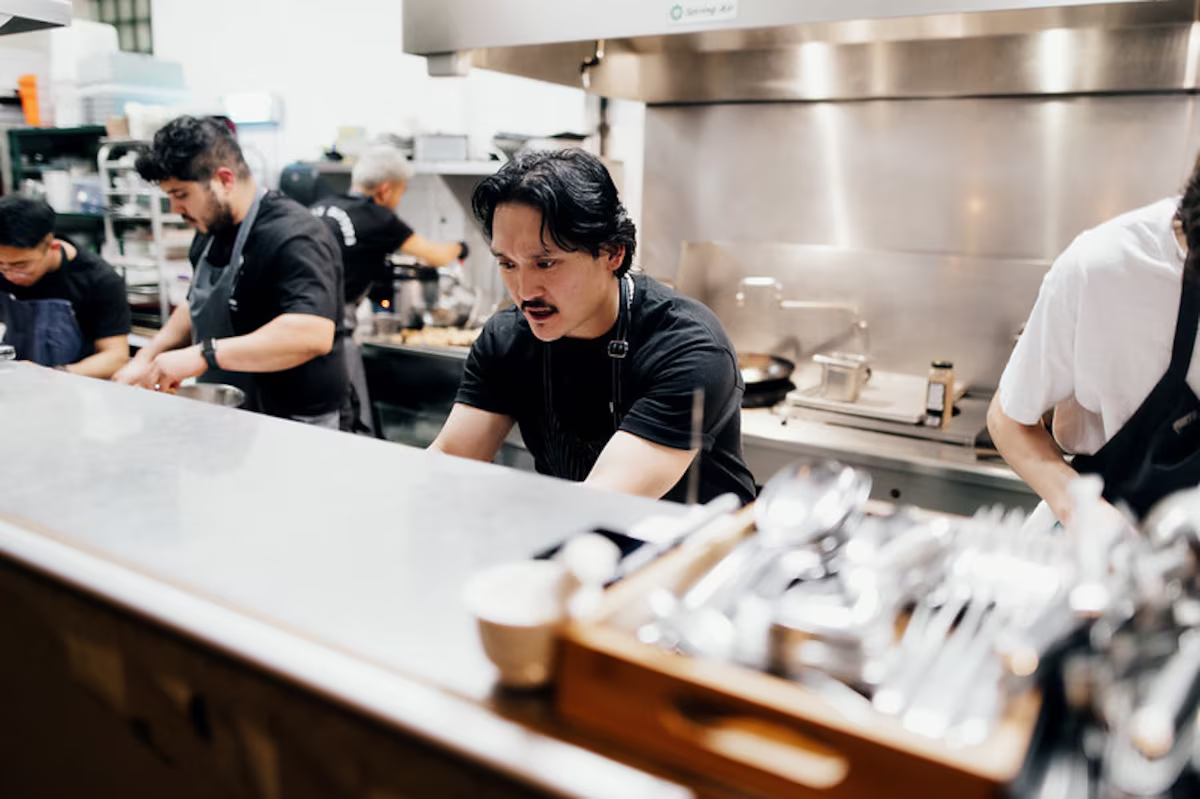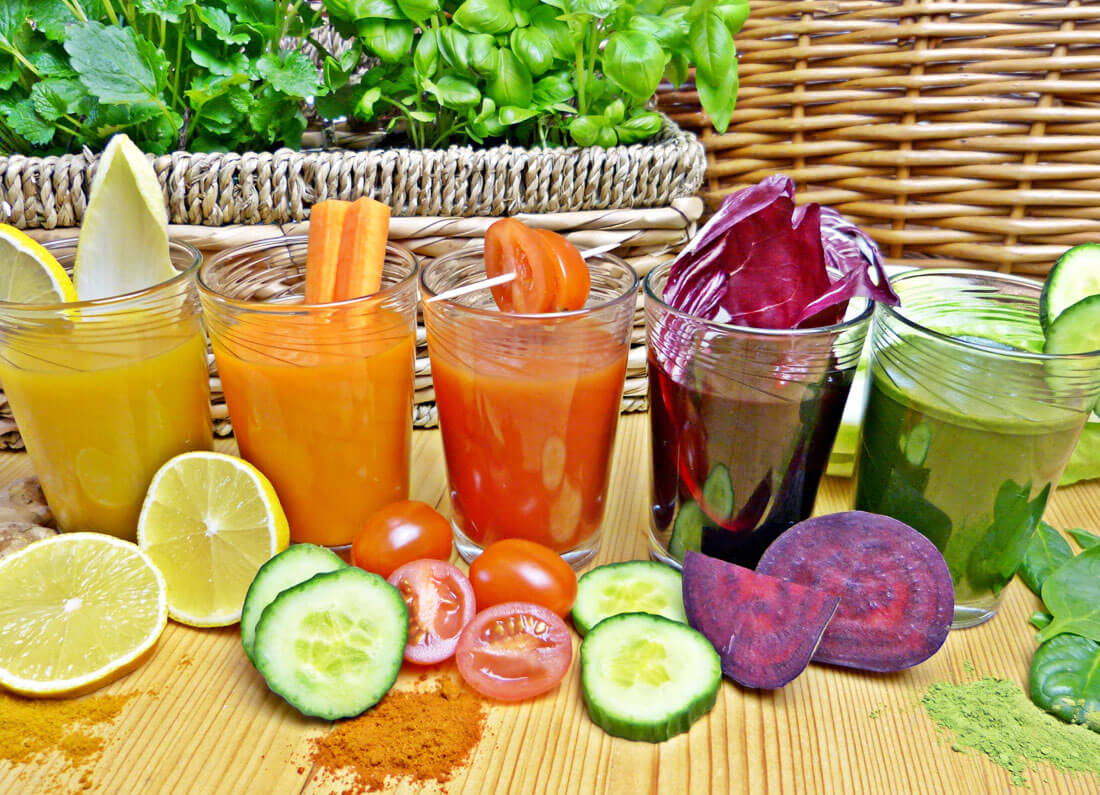Food is our common ground, a universal experience that unites people across cultures, ages, and backgrounds. Imagine sitting around a table with family or friends, sharing a meal, and enjoying each other’s company. Food has a special way of bringing people together, making us feel connected, and creating lasting memories. In this article, we will explore how food connects us all and why it plays such a significant role in our lives.
The Universal Language of Food
Food is more than just something we eat; it’s a language that everyone speaks. No matter where you go in the world, people gather around meals to celebrate, comfort, and communicate. From a simple bowl of rice in Asia to a hearty stew in Africa, food is a common thread that ties humanity together. When you sit down to eat with others, you’re participating in a shared experience that transcends language and cultural barriers. This universal aspect of food makes it a powerful tool for building connections and understanding between people.
Celebrations and Traditions
One of the most beautiful ways food brings us together is through celebrations and traditions. Every culture has its own special dishes that mark important occasions. For example, in the United States, Thanksgiving is celebrated with turkey and pumpkin pie, while in Italy, Christmas might feature a feast of pasta and panettone. These traditional meals are not just about the food itself; they are about creating moments of joy and togetherness. Sharing these special dishes with family and friends helps us honor our heritage and build new traditions.
Food as a Comfort
Food also plays a comforting role in our lives. When we’re feeling down or need a little extra care, a favorite meal can be incredibly soothing. Think about how a bowl of chicken soup or a warm piece of chocolate cake can make you feel better. This comforting aspect of food is something everyone can relate to. It’s a reminder that no matter where we come from, we all have moments when a good meal can lift our spirits and bring us a sense of peace.
Learning Through Food
Food is also an excellent way to learn about other cultures. Trying new dishes and ingredients can be an adventure in itself. When we taste different foods, we get a glimpse into the traditions and values of other cultures. For instance, tasting sushi in Japan or enjoying a spicy curry in India can be an eye-opening experience. This exploration of food helps us appreciate diversity and understand that while we may have different tastes, we all share a love for delicious meals.
Food and Family
At home, food is often the center of family life. Many families have regular meal times where they come together to eat and talk about their day. This time spent together at the dinner table strengthens family bonds and creates a sense of belonging. Meals are not just about nourishing our bodies but also about nourishing our relationships. Whether it’s a casual breakfast or a festive holiday dinner, these shared moments around the table are precious and help keep families close.
Food as a Social Connector
Food also plays a significant role in social settings. When we invite someone over for a meal or join others at a restaurant, we’re participating in a social activity that fosters connections. Eating together provides a relaxed environment where people can share stories, laugh, and enjoy each other’s company. It’s a chance to make new friends and deepen existing relationships. This social aspect of food is a big part of why we enjoy dining out or hosting gatherings.
The Role of Food in Community Building
In many communities, food plays a central role in bringing people together. Local events, farmers’ markets, and food festivals are excellent examples of how food can help build a sense of community. These gatherings allow people to come together, support local businesses, and enjoy a shared experience. By participating in these events, people feel more connected to their community and each other. This sense of belonging is one of the many ways food helps us feel part of something bigger.
Food and Health
While food is a universal experience, it also has a significant impact on our health. Eating a balanced diet is crucial for maintaining good health, and many cultures have their own ways of promoting healthy eating. For example, the Mediterranean diet is known for its emphasis on fresh fruits, vegetables, and whole grains. Learning about different healthy eating practices can help us make better choices and improve our well-being. By sharing knowledge about food and health, we can support each other in leading healthier lives.You can also read All you need is love. But a little chocolate now and then doesn’t hurt.
Food and Sustainability
In recent years, there has been a growing awareness of the importance of sustainable food practices. Food is not just about enjoyment; it also has an impact on the environment. Many people are now focusing on how to reduce food waste, support local farmers, and choose eco-friendly products. This shift towards sustainability is an important step in taking care of our planet. By making more mindful food choices, we can all contribute to a healthier world for future generations.
Exploring Global Cuisines
Exploring different cuisines is a fantastic way to appreciate the diversity of food around the world. Each cuisine offers unique flavors and cooking techniques that reflect the culture and history of its region. For example, Japanese cuisine is known for its delicate flavors and emphasis on fresh ingredients, while Mexican cuisine is famous for its bold spices and vibrant colors. By trying different cuisines, we expand our culinary horizons and gain a greater appreciation for the variety of foods that people enjoy globally.
The Future of Food
Looking ahead, the future of food is likely to bring even more exciting changes. Advances in technology, such as lab-grown meats and innovative cooking techniques, are shaping the way we think about food. These developments promise to make food production more efficient and sustainable. Additionally, the rise of plant-based diets and alternative food sources reflects a growing interest in health and environmental concerns. As we continue to explore new possibilities, food will remain a central part of our lives and a source of connection and discovery.
Food in the Digital Age
In today’s digital age, food is also a major part of our online lives. Social media platforms are filled with pictures of delicious meals, cooking tips, and food trends. These online communities allow people to share their culinary experiences and connect with others who have similar interests. Whether it’s through food blogs, recipe videos, or online cooking classes, the internet has made it easier than ever to explore and enjoy food from around the world. This digital connection further highlights how food is a universal experience that continues to bring people together.
Conclusion
Food is our common ground, a universal experience that unites us all. From celebrating traditions and comforting ourselves to learning about new cultures and building communities, food plays a vital role in our lives. It brings people together, creates lasting memories, and helps us appreciate the rich diversity of our world. As we continue to explore and enjoy the many facets of food, we are reminded of its incredible power to connect us and make our lives more meaningful.










Leave a Reply